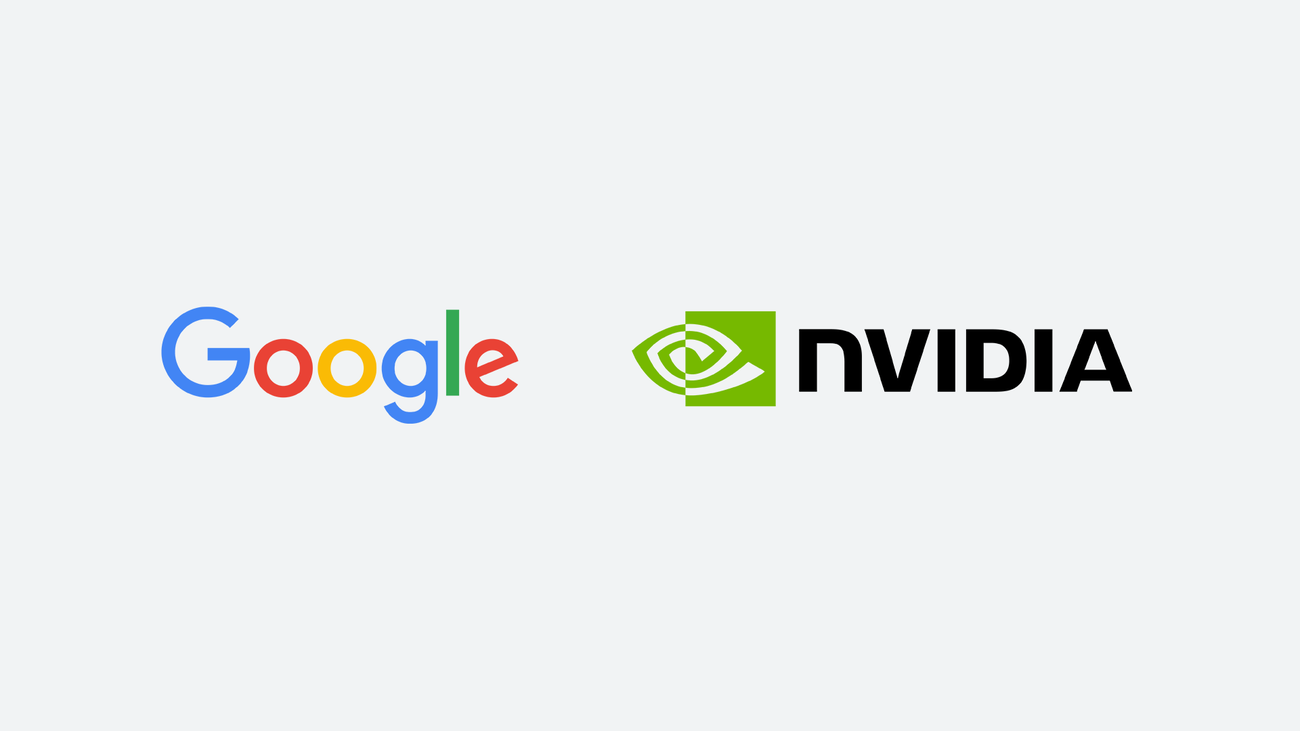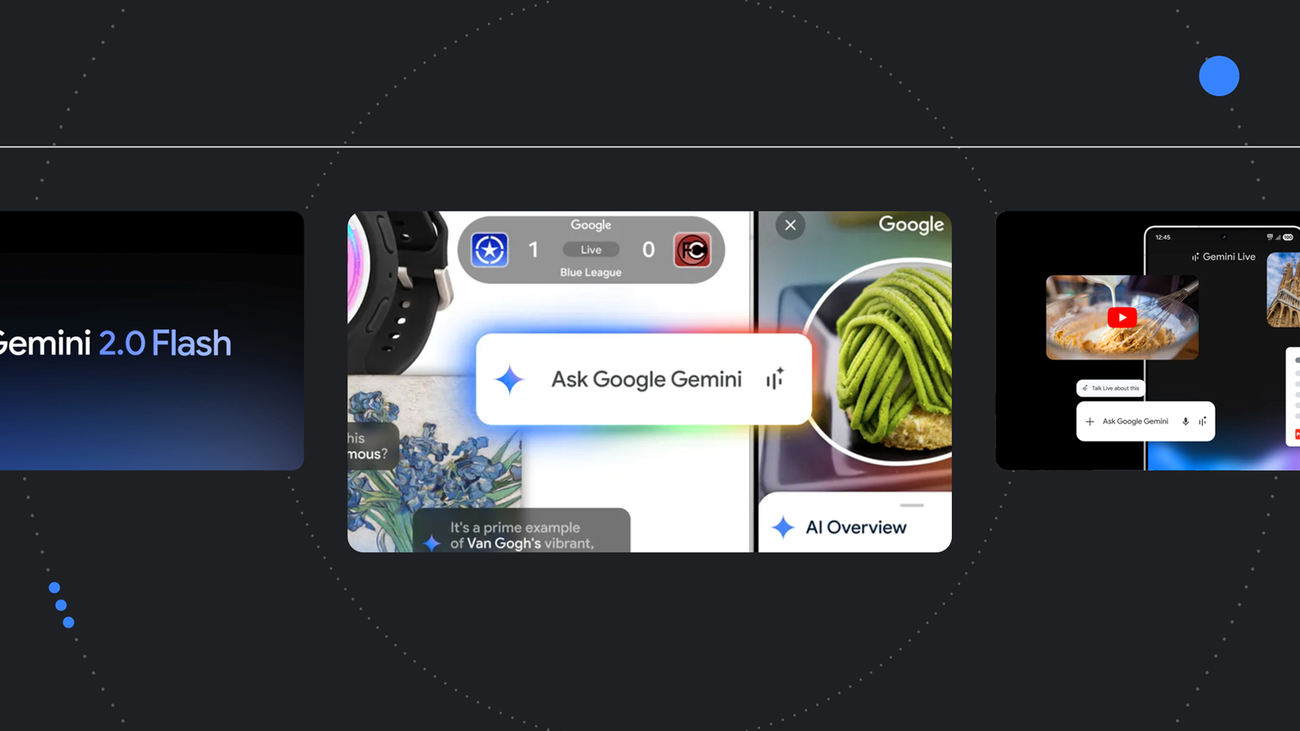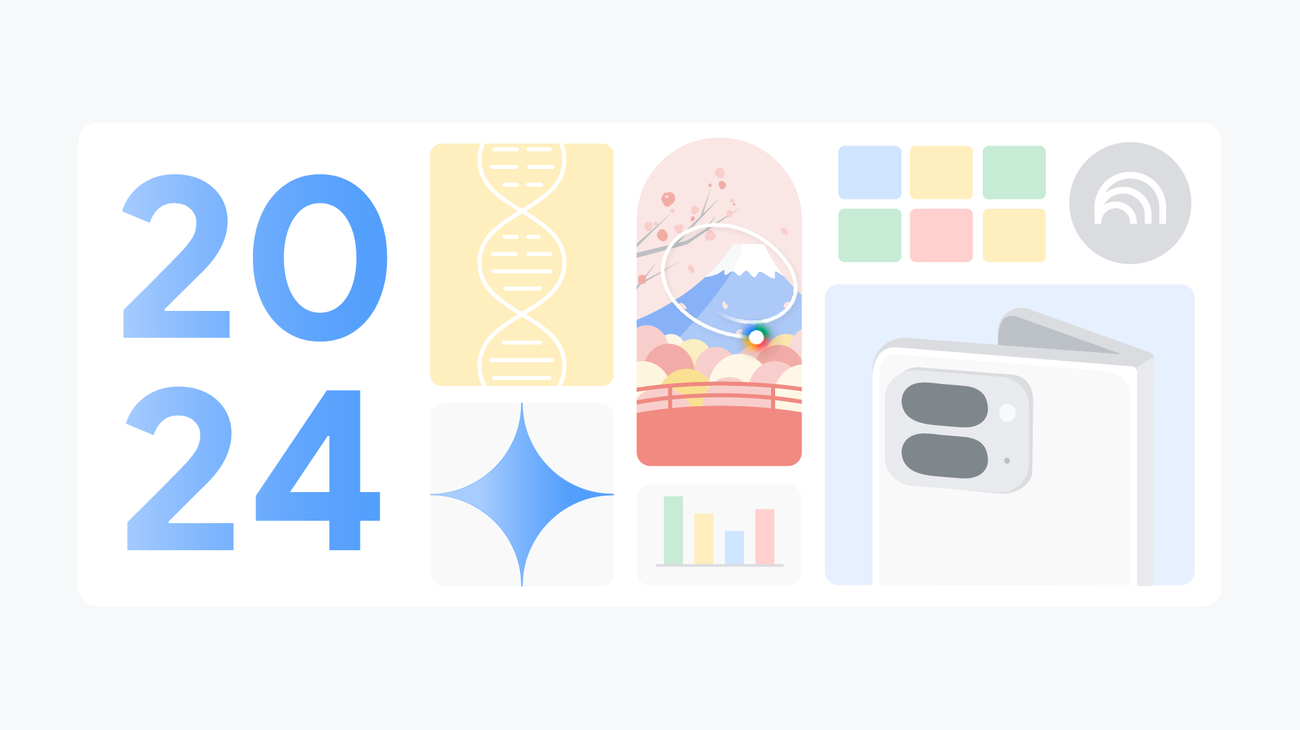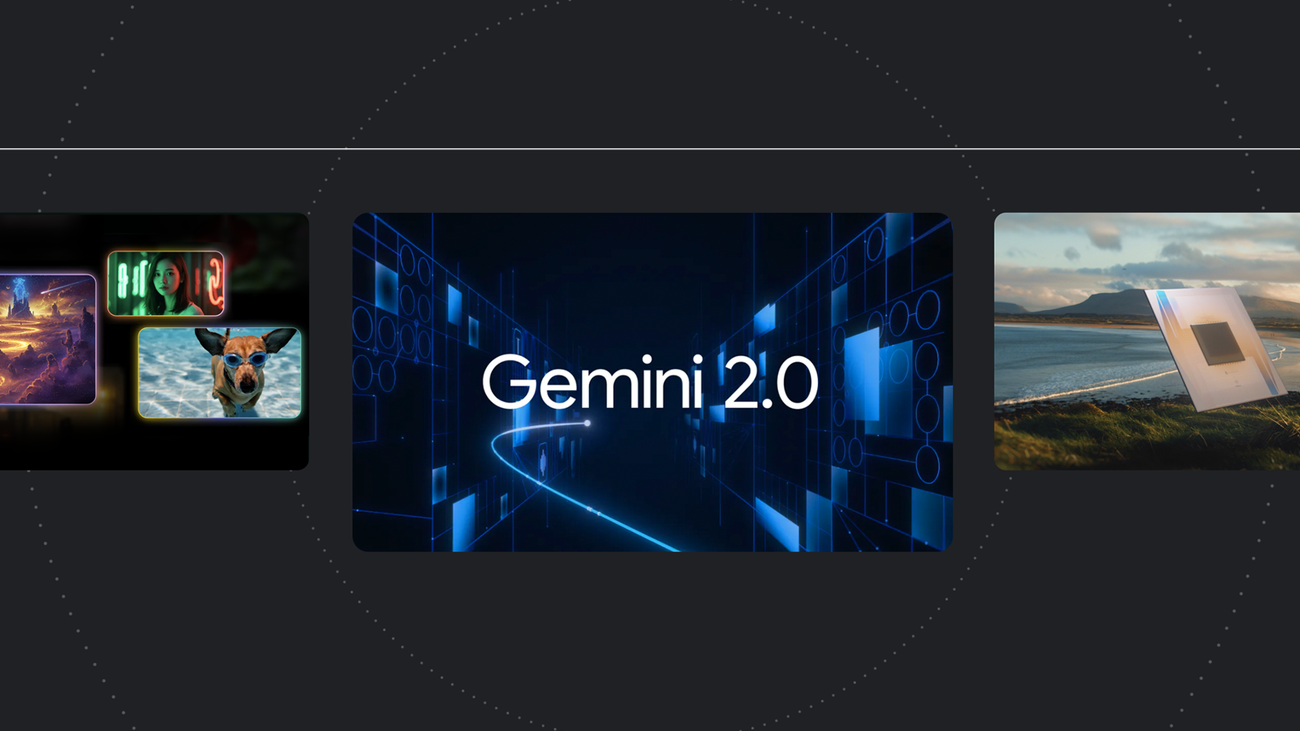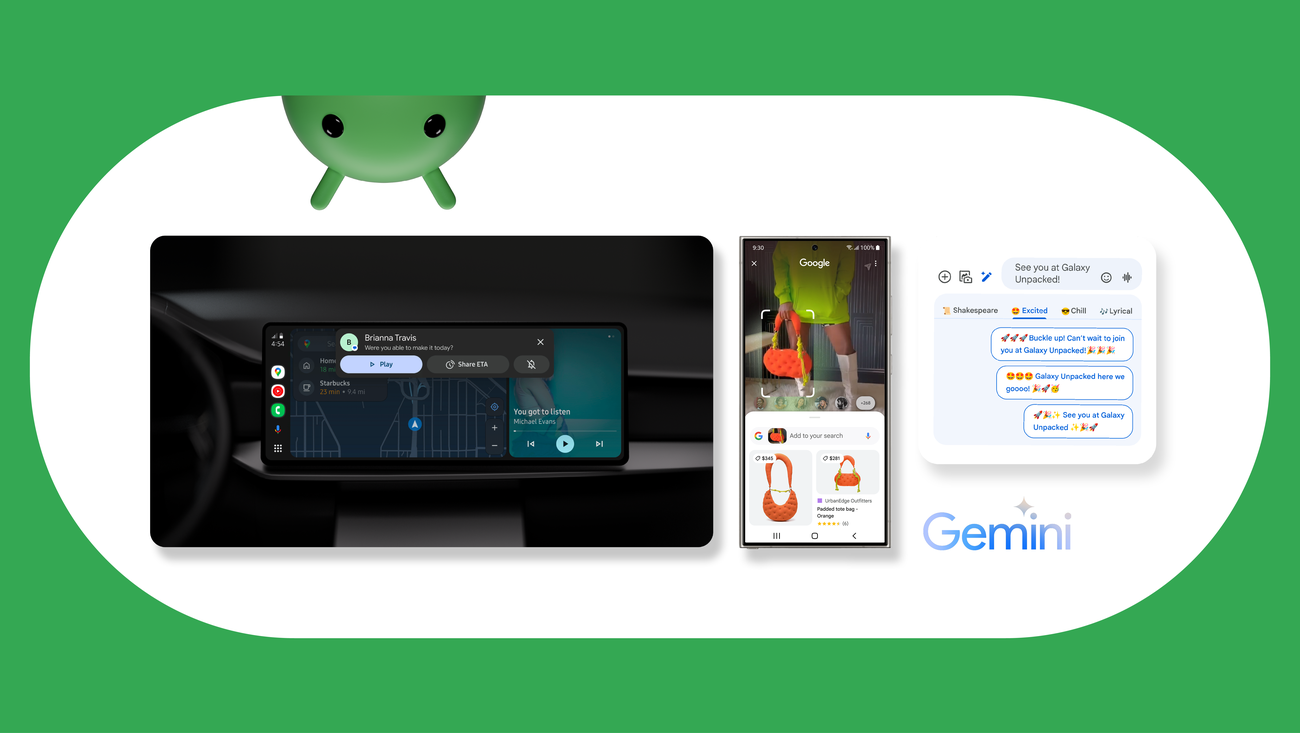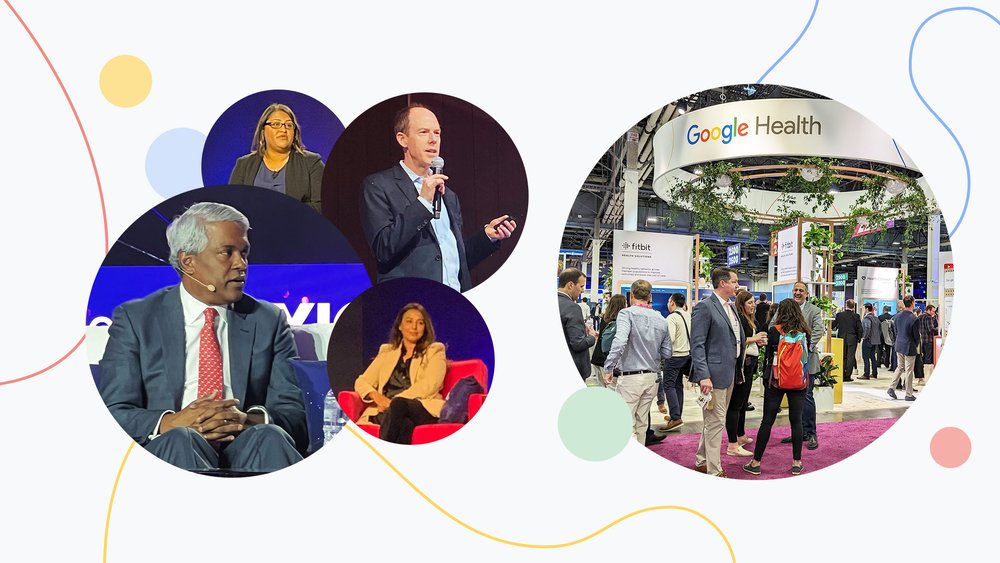Schlagwort: Google Cloud
-

How Google and NVIDIA are teaming up to solve real-world problems with AIHow Google and NVIDIA are teaming up to solve real-world problems with AI
Reading Time: 3 minutesAn overview of the collaboration between Google and NVIDIA and a preview of the announcements at GTC this week.An overview of the collaboration between Google and NVIDIA and a preview of the announcements at GTC this week.Website: LINK
-

The latest AI news we announced in JanuaryThe latest AI news we announced in January
Reading Time: < 1 minuteHere are Google’s latest AI updates from January.Here are Google’s latest AI updates from January.Website: LINK
-

60 of our biggest AI announcements in 202460 of our biggest AI announcements in 2024
Reading Time: 6 minutesRecap some of Google’s biggest AI news from 2024, including moments from Gemini, NotebookLM, Search and more.Recap some of Google’s biggest AI news from 2024, including moments from Gemini, NotebookLM, Search and more.Website: LINK
-

The latest AI news we announced in DecemberThe latest AI news we announced in December
Reading Time: < 1 minuteHere are Google’s latest AI updates from December including Gemini 2.0, GenCast, and Willow.Here are Google’s latest AI updates from December including Gemini 2.0, GenCast, and Willow.Website: LINK
-

Unlocking the potential of technology to support healthUnlocking the potential of technology to support healthChief Health Officer, Google
Reading Time: 4 minutesThis week kicked off the HLTH Conference in Las Vegas where thousands of healthcare leaders, care providers, patients and other people in the industry — like our teams at Google — are coming together to discuss how to create a healthier world. At Google, we believe that technology — especially AI and…
-

7 ways admins can help secure accounts against phishing in G Suite7 ways admins can help secure accounts against phishing in G Suite
Reading Time: 5 minutesWe work hard to help protect your company against phishing attacks—from using machine learning, to tailoring our detection algorithms, to building features to spot previously unseen attacks. While we block as many external attacks as we can, we continue to build and offer features designed to empower IT administrators to develop strong…
